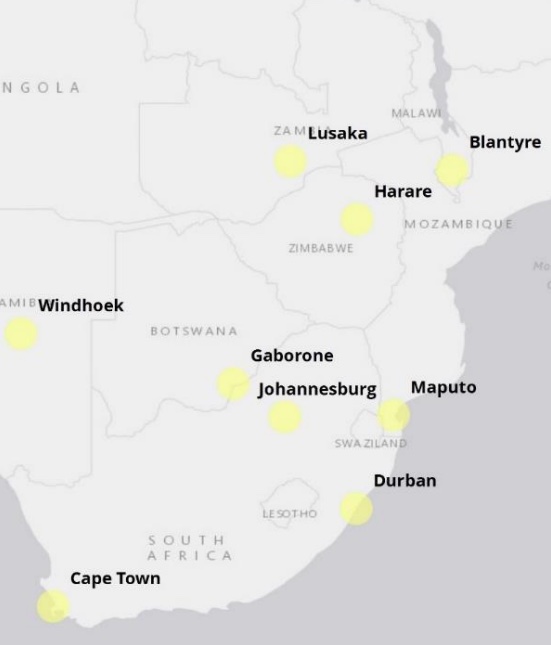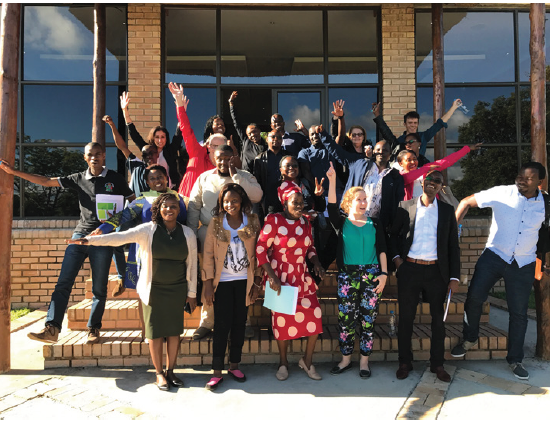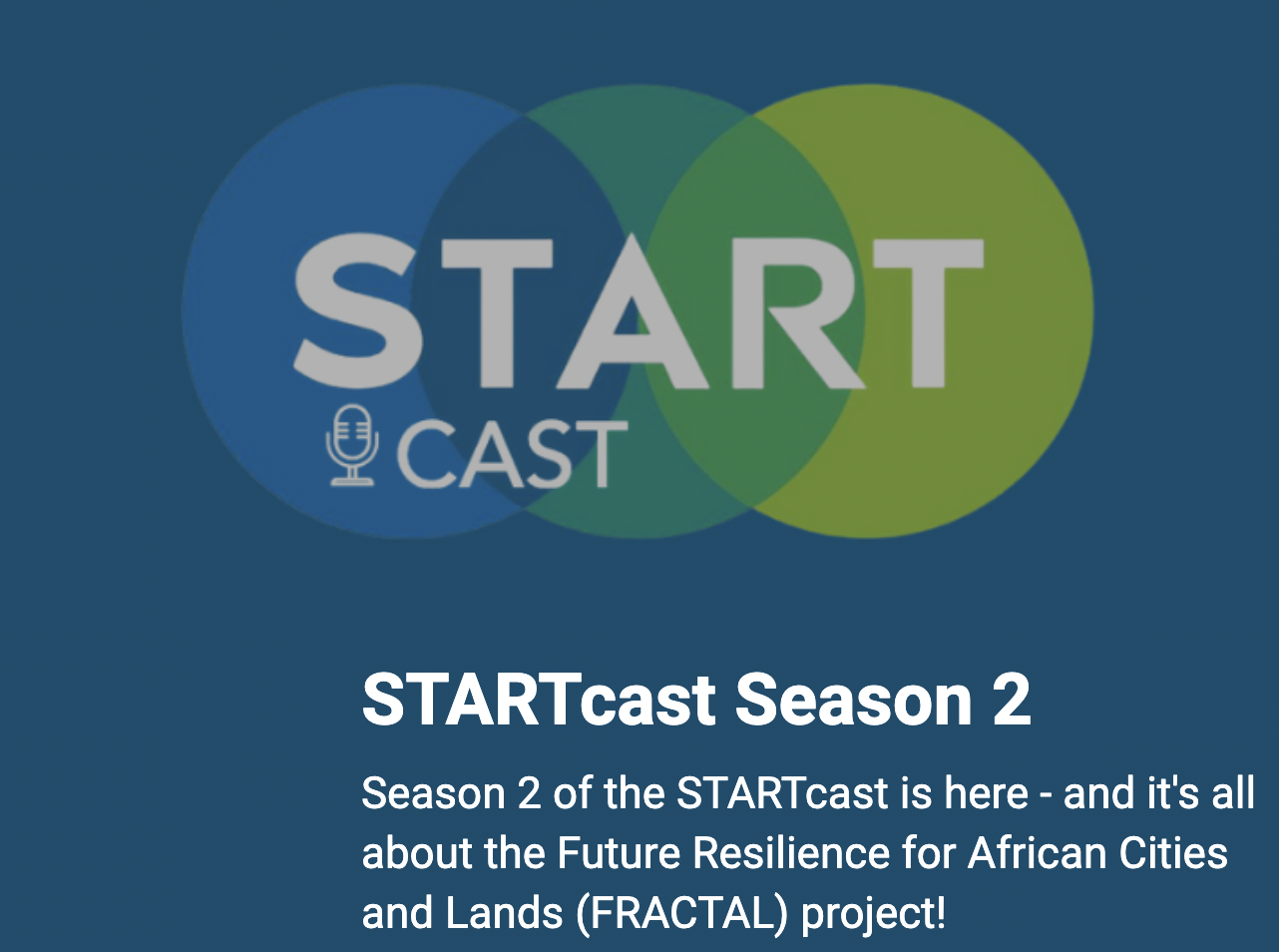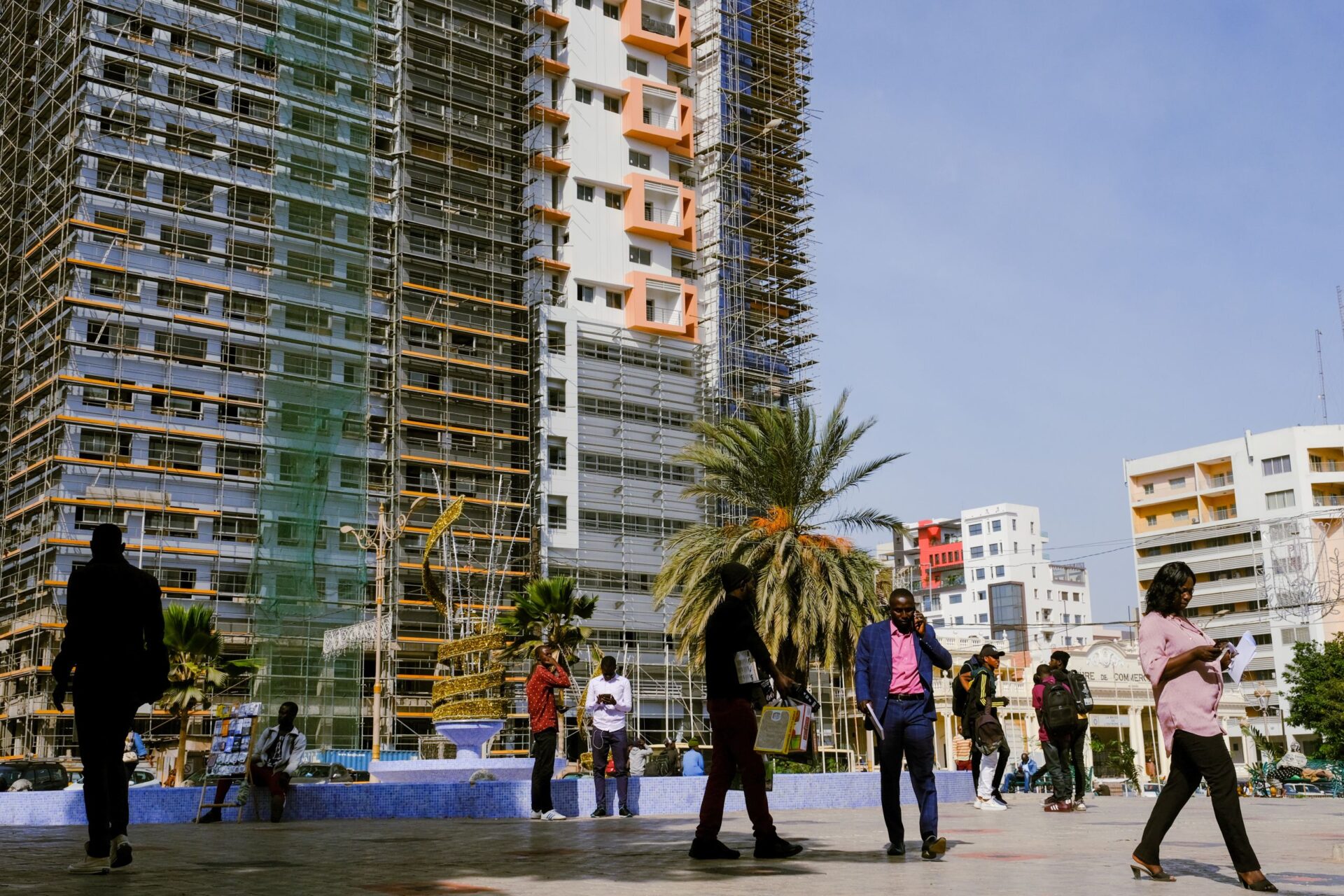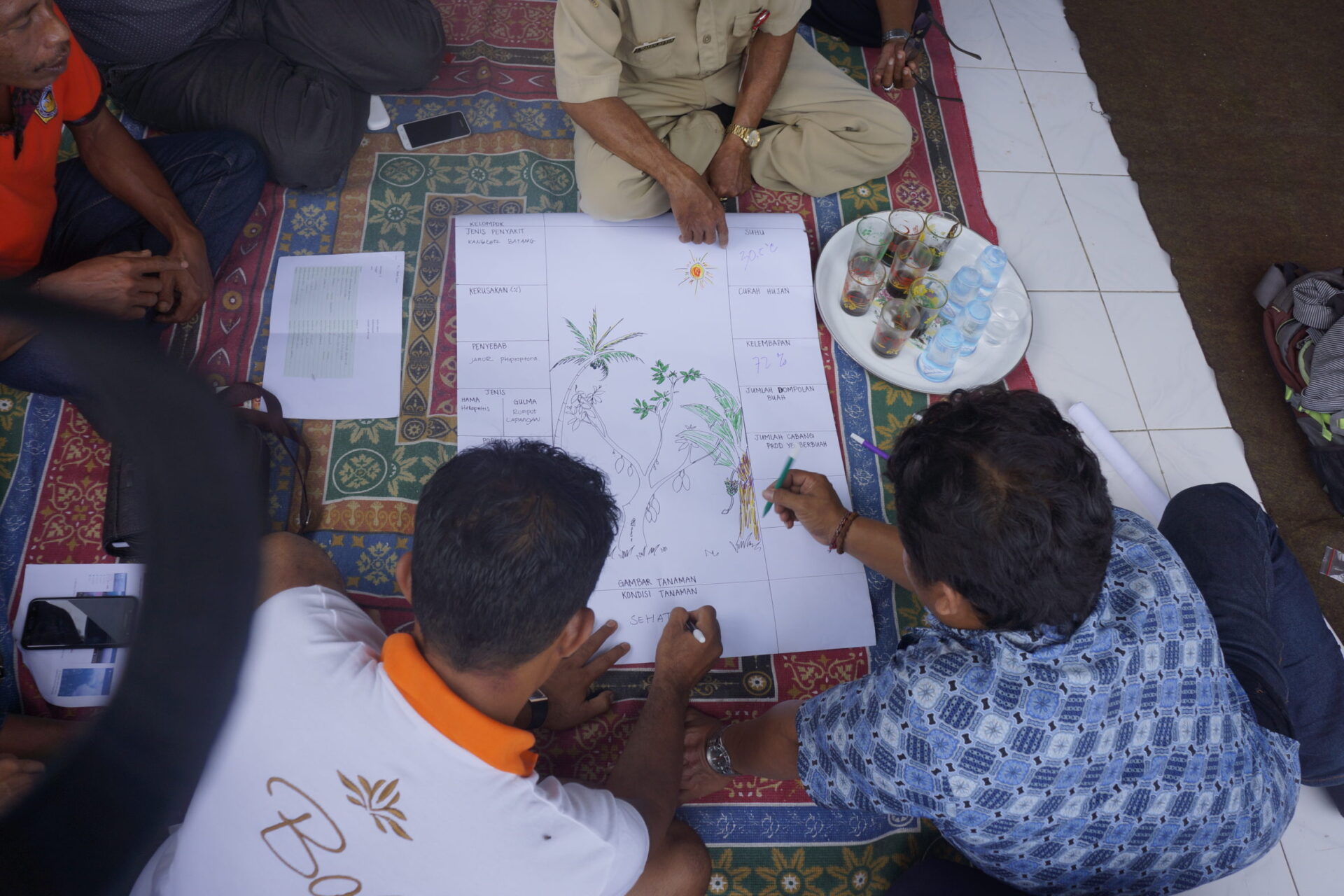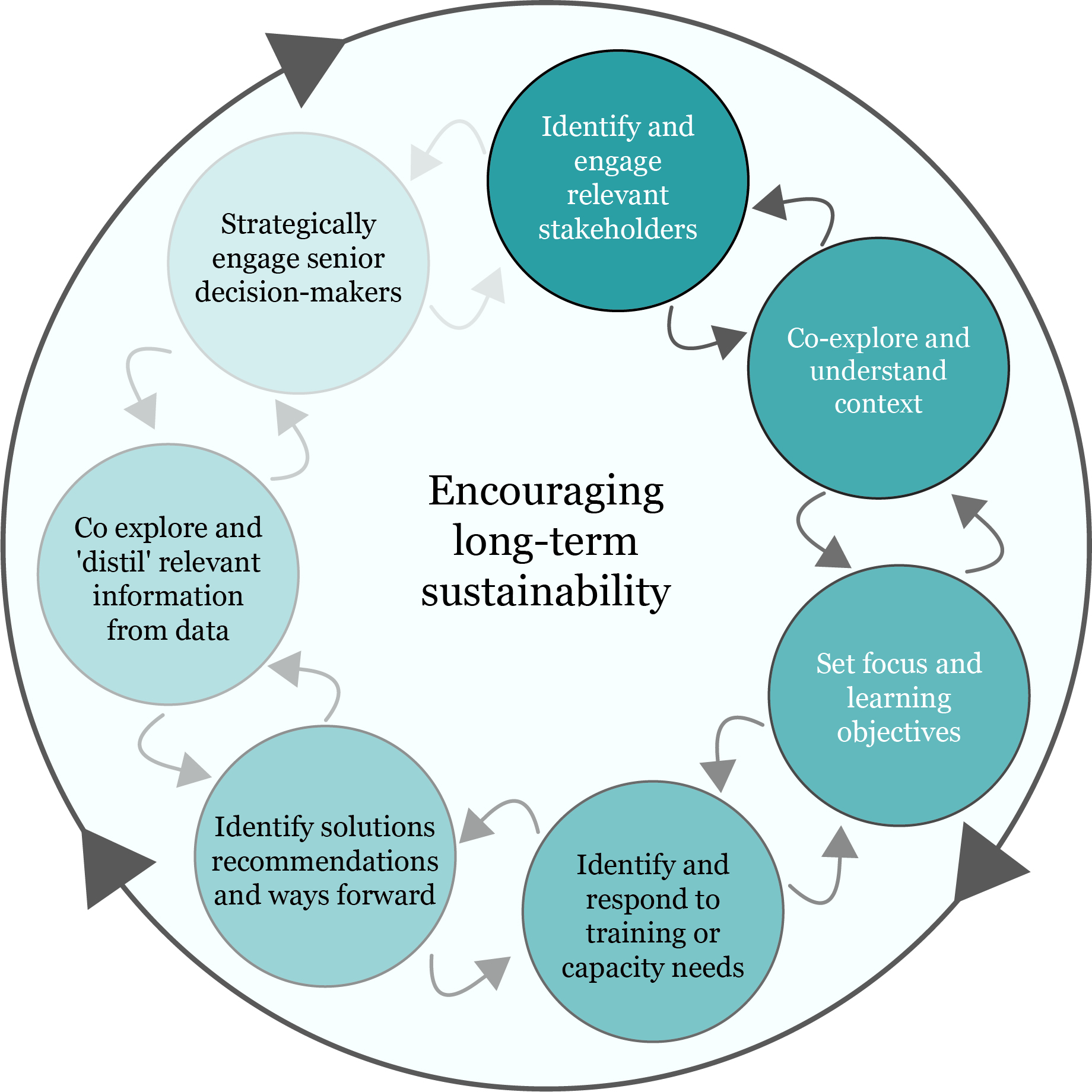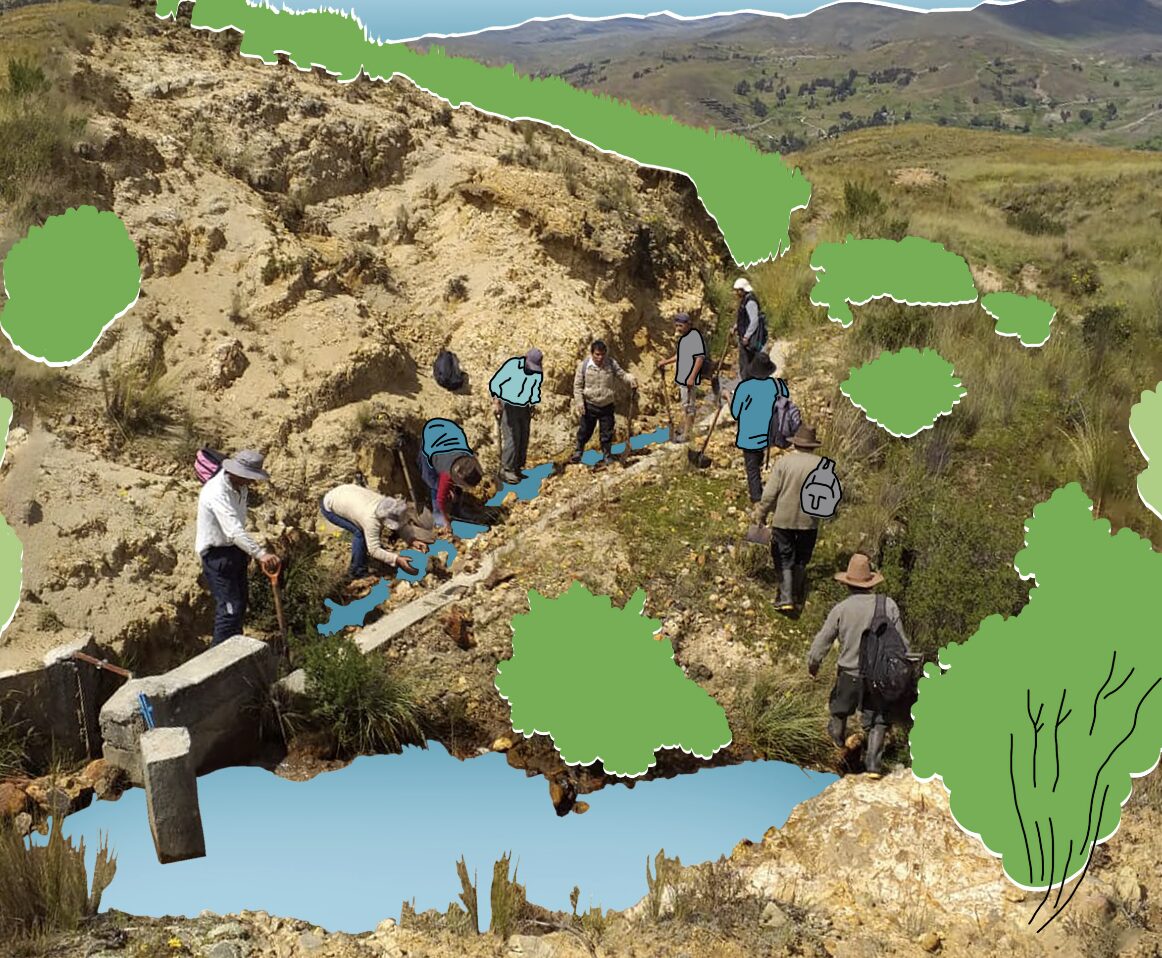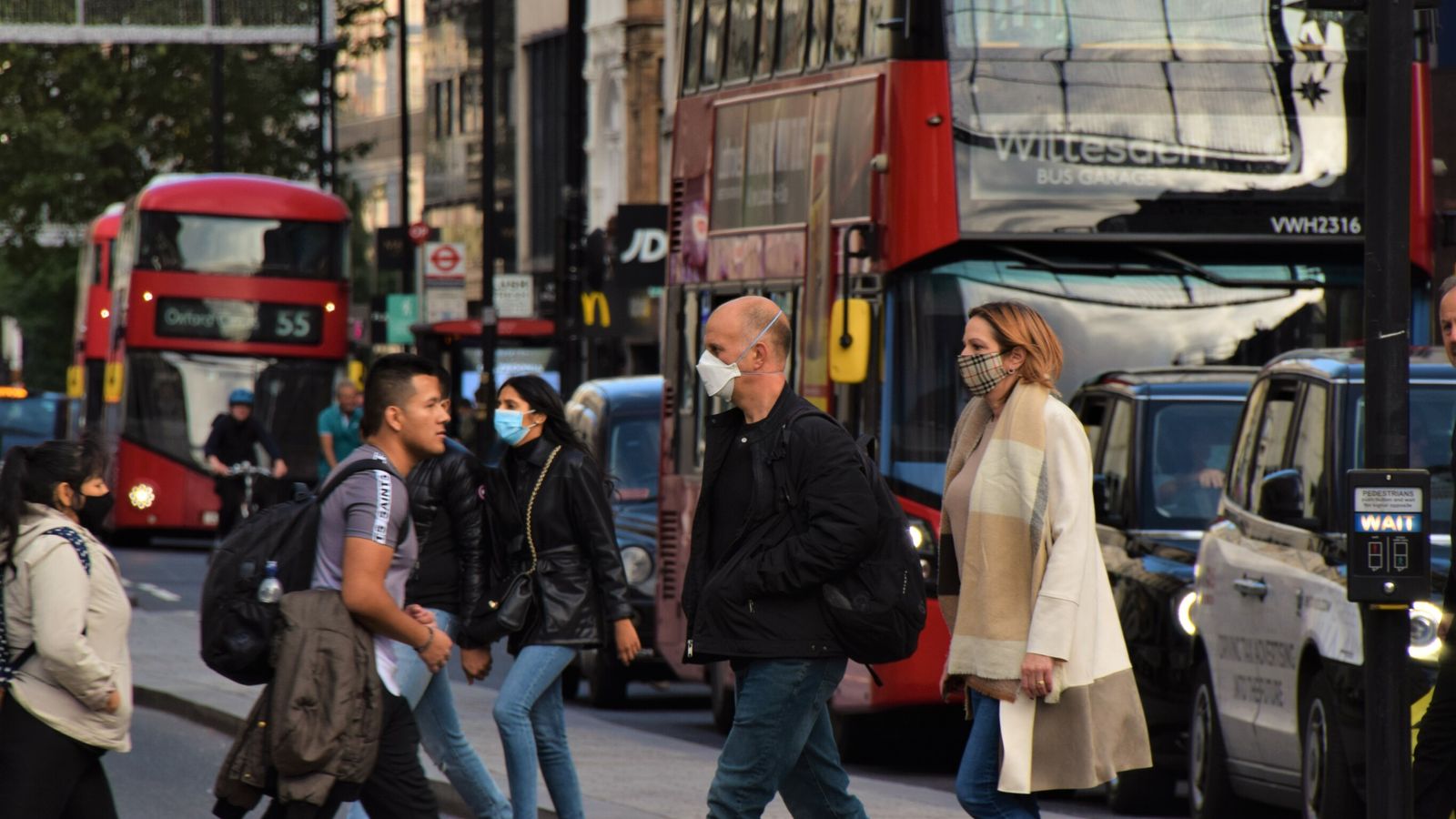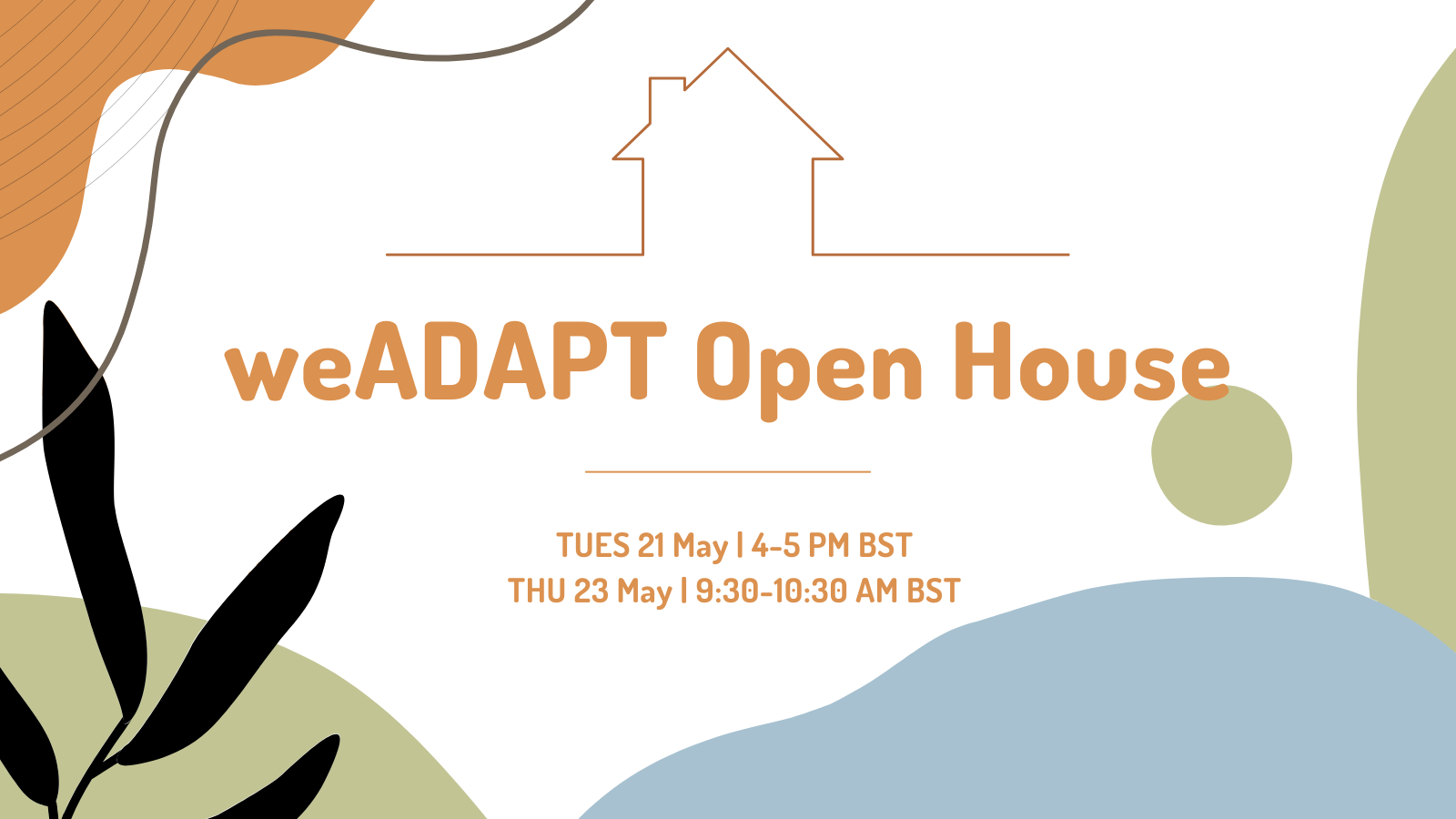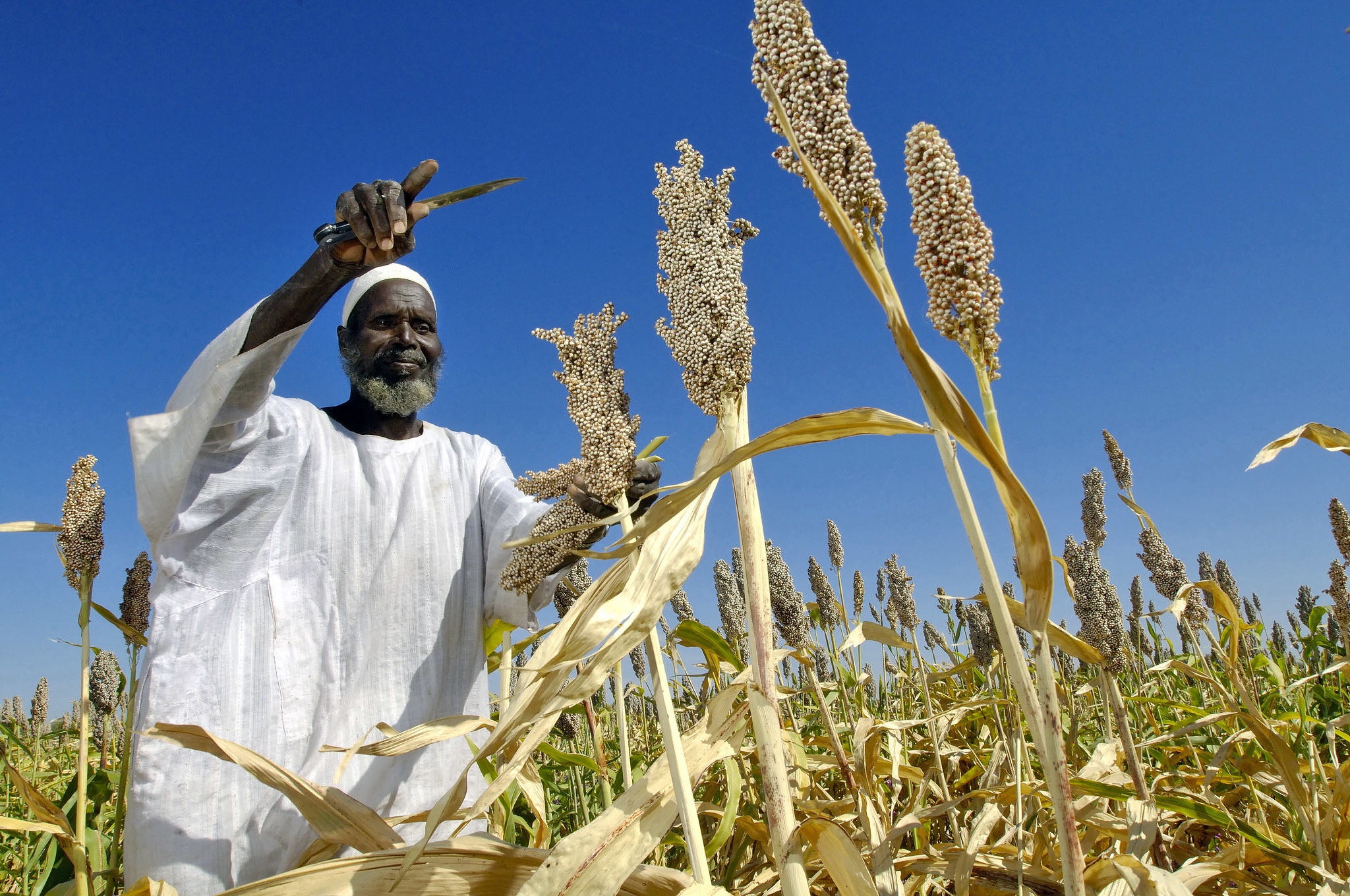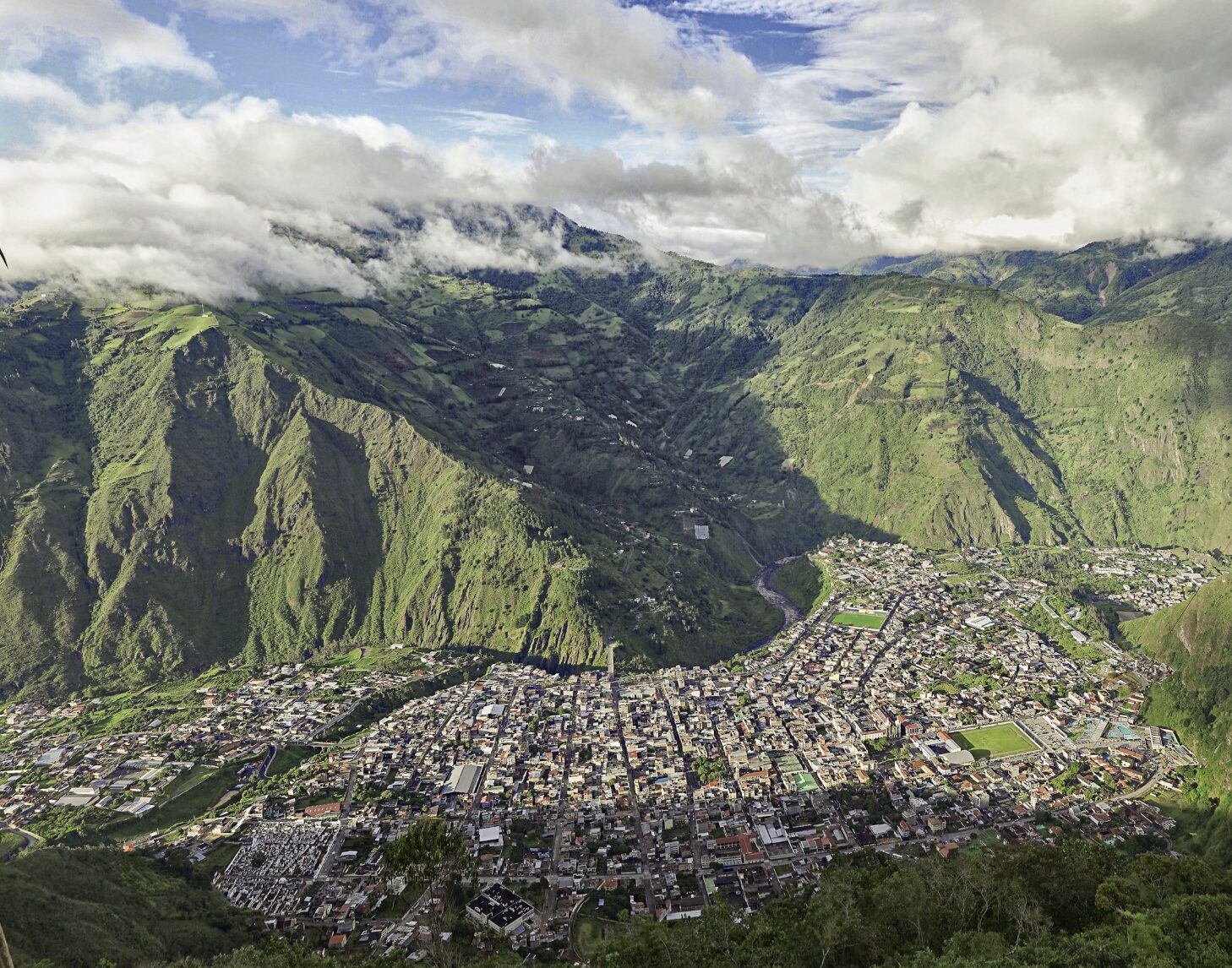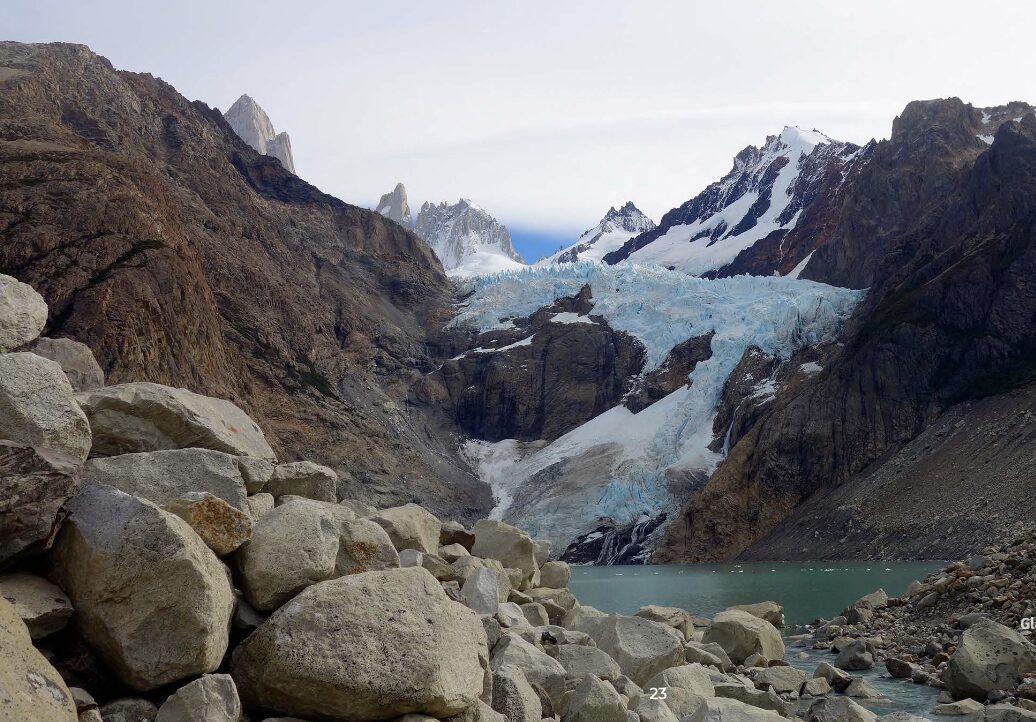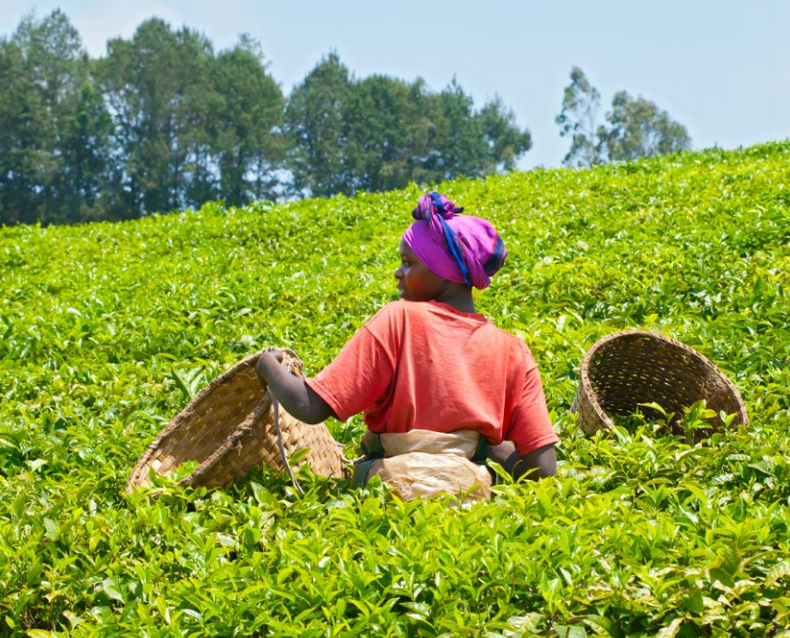Co-explore and understand the context
Tandem
Co-explore and understand the context
This can include the drivers of vulnerability, adaptation challenges, climate change impacts, policy and governance landscape, current research and practice.
Explore the key questions below using selected resources to help you co-design climate service processes.
The aim of Tandem is to co-explore locally relevant issues to deepen the understanding of what are often complex and interconnected challenges, driven by underlying vulnerabilities and multiplied by climate variability and change, existing stressors and development issues.
Italicised questions are ongoing considerations i.e. it is particularly important to keep revisiting these questions as the transdisciplinary knowledge integration process develops.
Questions – co-exploring perspectives and priorities
- What drivers of vulnerability can be identified and co-explored (both climate and non-climate e.g. physical, social, cultural, economic, political)?
- What adaptation challenges are being experienced that may be undermined by complex nature of this vulnerability?
- If the adaptation issue has many elements, it can help to break these down to co-explore their various drivers, recent trends and the spatial and temporal scales on which to focus. Actual and perceived drivers may emerge, and the issue of attribution i.e. which factors are predominantly driving issues can be discussed.
- How can activities and engagements be designed to co-explore and recognise different perspectives and priorities and address the complexity of system-wide multi-sector issues in a collaborative and simple/accessible way?
- How can a co-exploration process be designed to build and deepen understanding, with the continuity and flexibility that allows for emergent and evolving ideas?
- How can participation and the use of interactive games, the creation of space for informal conversations and the use of humour encourage or aid co-exploration?
- Can site visits or hearing examples from other cities or contexts help to spur discussion, co-exploration and unpacking of the adaptation issues?
- Do all participants understand climate change and the differences between weather and climate and the terms that are used by climate providers? Exploring the basics of climate change and the terminology used in climate change and adaptation can provide a strong foundation for discussing participants’ understanding and experience of weather and climate impacts and agreeing on use of shared language.
- How can activities be designed to communicate to and engage participants on various approaches to climate risk assessment, global climate modelling and projections and downscaling of data? The use of graphics, maps or narratives may assist in communicating medium to long-term climate patterns and change with different stakeholders.
Key resources to help answer these questions
Principles for Co-Producing Climate Services: Practical Insights from FRACTAL
FRACTAL Principles
FRACTAL Podcast Series – Exploring transdisciplinary approaches to support resilience and adaptation decision making
Learning from climate change perceptions in southern African cities
Co-designing climate services to integrate traditional ecological knowledge: a case study from Bali, Indonesia
Refocusing the climate services lens: Introducing a framework for co-designing “transdisciplinary knowledge integration processes” to build climate resilience
Questions – building on existing research and co-producing new knowledge
- What existing weather or climate information is available from local providers e.g. meteorological departments, NHMS, private companies or research institutes? Are there any opportunities that can be identified to build on or adapt these existing services to address information needs? In addition to data availability, discussions about data access and sharing are important to uncover to assess opportunities for sharing data more widely or in different, innovative and more accessible ways.
- What local research related to the adaptation issues has been undertaken? E.g. to better understand climate impacts at the local scale or in relevant sectors?
- Can new research outputs be developed in a bottom up, participatory way with participants of the process?
Key resources to help answer these questions
Adapting to transboundary risks in mountain regions
The impact of COVID-19 fiscal spending on climate change adaptation and resilience
Why climate action is a matter of human rights for older people worldwide
weADAPT Open House
Event: 21/05/2024 – 16:00 (UTC +01:00) – 17:00 (UTC +01:00)
Adaptation at Altitude – Taking Action in the Mountains
How to transform Africa’s food system
Questions – institutional analysis
- What institutions have responsibility or mandates for the issues being discussed and for data production and sharing? How can discussions be designed to co-explore the agreement or uncertainties around mandates and responsibilities and institutional capacity strengths and gaps that exist in organisations with mandates for planning, action and data production and sharing?
- In the policy, planning and implementation landscape, what plans, projects and policies are in place or in the pipeline? Are these considered sufficient or is further work required to strengthen or broaden policies, projects or implementation?
- What current responses are already in place or planned to address the adaptation issue(s) and climate impacts? Are they sufficient or can they be adapted or enhanced?
- How have such responses been funded and what opportunities exist for funding of future projects? Is there a business case for action?
Adapting to transboundary risks in mountain regions
The impact of COVID-19 fiscal spending on climate change adaptation and resilience
Adaptation at Altitude – Taking Action in the Mountains
How to transform Africa’s food system
Strategies for monitoring and evaluation of climate change adaptation: localizing global approaches into Andean realities
Mountains Connect brief: Experience exchange between the Andes, Alps and Carpathians to explore mountain governance paths for climate resilient development
Questions – time and spatial scales
How can activities and discussions be designed to drill down and co-explore decision-making? i.e. what time and spatial scales are decisions made upon, what information currently informs these decisions, how and by whom can decisions be informed e.g. by informal processes or actors?
Key resources to help answer these questions
Mainstreaming climate information into sector development plans: the case of Rwanda’s tea and coffee sectors
Tandem
Co-explore and understand the context
This can include the drivers of vulnerability, adaptation challenges, climate change impacts, policy and governance landscape, current research and practice.
Explore the key questions below using selected resources to help you co-design climate service processes.
